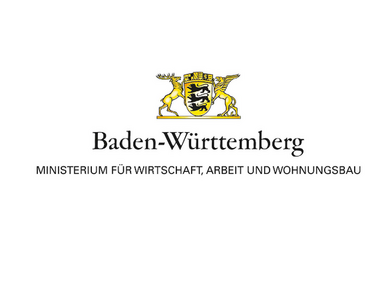IT assistance system to improve hand disinfection in German hospitals
According to a 2015 study by Charité, 23,000 people in Europe die every year as a result of infection with multi-resistant germs.
The trend is rising. The main reason for the spread of these germs, such as MRSA, is a lack of hygiene on the part of employees in healthcare facilities when dealing with patients. The reasons for this are the lack of awareness of the problem, the excessive workload and associated lack of time and the lack of qualifications of the nursing staff involved.
The aim of the HEIKE project is to develop new, technology-supported options that support the staff treating patients in the hospital environment and thereby increase their compliance with regard to hand disinfection.
The basis is a mobile, networked disinfectant dispenser and augmented reality technology. The technologies are being further developed in the project and integrated into a system that automatically recognizes the actions performed on the patient and provides additional information based on this. Finally, the measures carried out are automatically documented in the system, which reduces the administrative overhead for operational staff.
Project partners
- FZI Research Center for Information Technology
- Institute for Laser Technologies in Medicine and Metrology (ILM)
- Fürstlich-Fürstenberg Nursing Home for the Elderly Hüfingen
- Hahn-Schickard Villingen-Schwenningen (HS VS)
- Hahn-Schickard Institute for Micro Assembly Technology (HS S)
- Furtwangen University - Care and Technology Lab (HFU-IMTT)
- University of Ulm - Institute of Psychology & Education - Department of Social Psychology (UULM-SOPSY)
- Institute for Construction Technology and Technical Design at the University of Stuttgart (IKTD)
Your key contact
I'm happy to provide information about this project

Member of Board of Directors Care and Technology Lab
Head of Multiprofessional Skills Lab
